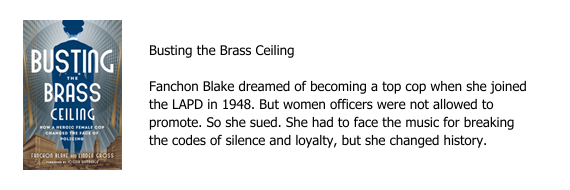A rose may be a rose may be a rose, but all edits are definitely not the same. In fact, there are five every different types of editing:
Developmental Editing
Have a book in mind but not sure what to do next? Writing coaches and/or developmental editors can help you develop your idea or initial draft into what will become your book. In addition to assisting with defining your book’s elements and assisting with its organization, writing coaches and developmental editors may have input about what else you need to do, on the research front for example, and may even offer other topics or approaches to consider. Brainstorming—my favorite—can be particularly useful at this stage.
Substantive Editing
Once you have a solid draft, a substantive editor can help hone the arc of your written piece. Does it start with enough of a hook? Are all the pieces in the right place? Does the writing flow well? When dealing with fiction, developmental editors look at theme and plot structure, but also at character development and motivation, tension and pacing, dialog and more. With nonfiction, a developmental editor will make sure you’ve set up a persuasive argument, and that you’ve systematically and effectively made that point in a way that will captivate your readers.
Line Editing
Most of my clients would love to be done by the time they have refined the content of their manuscript. I have to remind them that they still need to look at language. That’s called line editing. Whether you do it yourself, hire it out or both, this is when you need to focus on powering up your prose, including paragraph and sentence structure, language, voice, consistency, etc. My advice: Don’t skip this part if you want your book to sound professional.
Copy Editing
Okay, so you’ve gotten the language in shape. Congratulations! Now it’s time to hire a copy editor who will catch any spelling, grammar, punctuation mistakes. They’ll also fact check your material and make sure that captions and footnotes are correct. Copy editors can do some cursory rewriting if a sentence that still doesn’t quite work managed to sneak past. But copy editors are not line editors. They’re trained to look for the details that you almost certainly can no longer see.
Proofreading
This is the final stage and one that you absolutely cannot do yourself. By now you’re worked on your manuscript for so long that your brain will fill in missing words or fix any mistakes. The problem is that those fixes don’t make it onto the page. So hire a professional (someone other than your parent, partner or friend) with fresh eyes for a final once-over. This is especially important if you’ve added any graphic elements or made changes during the copy editing process.
Here’s wishing you the best of luck with your project!



















0 Comments